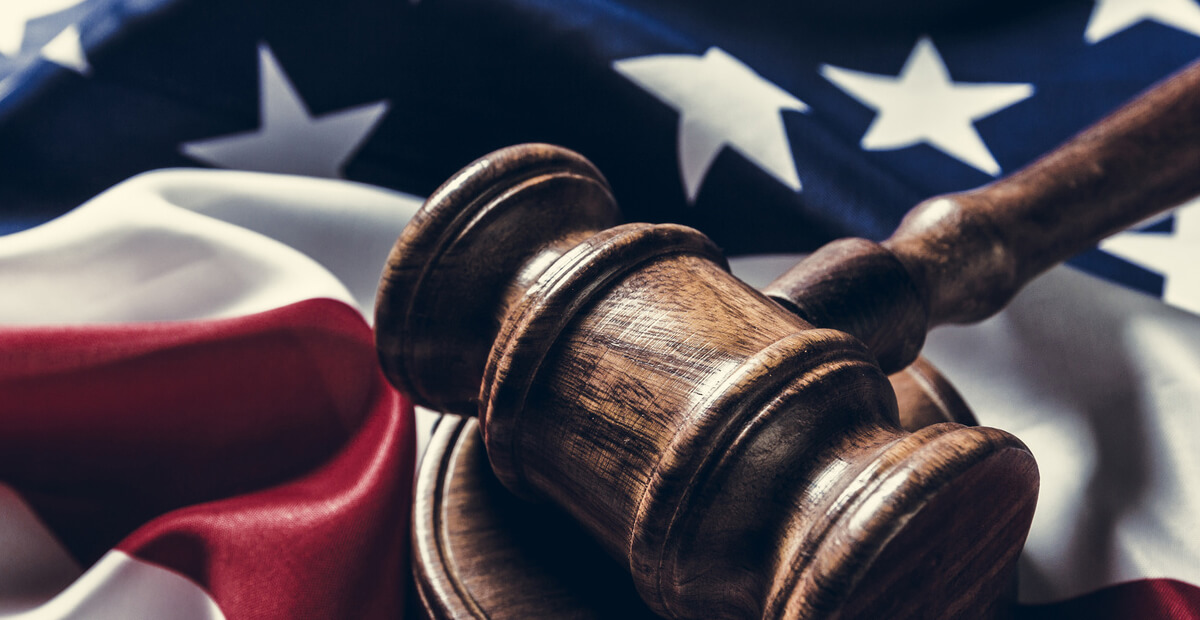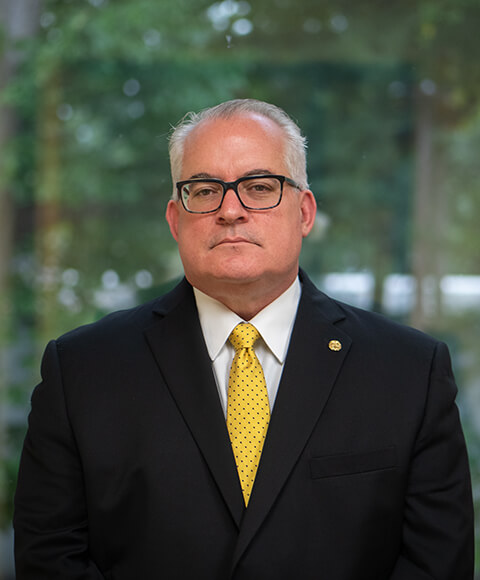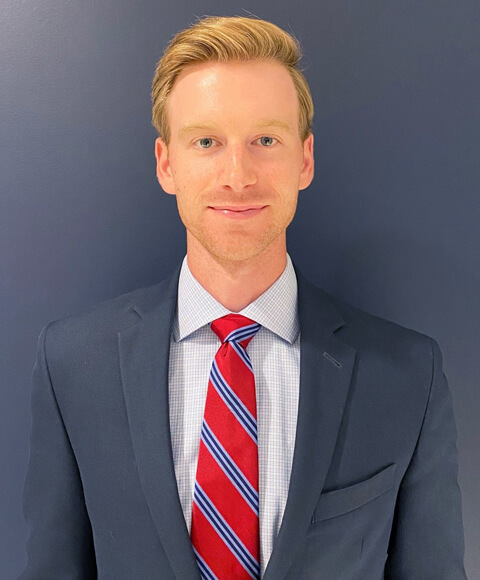There is little instant gratification within the Security process.
The persistent ebb and flow of security clearance processing times is understood first and foremost through a pretty blunt fact: it is the applicant’s or current holder’s own filing with Security that impacts with significance how fast processing takes. Remember, the vast majority of security clearance applicants get cleared and do classified work. The critical question is: how fast? What role does the applicant play in the speed of processing?
Let’s face it, another factor impacting processing times is the appeal of federal employment positions. Our evidence of this is more anecdotal than empirical, but many in the Millennial and Gen Z cohorts value federal employment more than candidates thirty years ago. Getting a federal job is a competition; to get in, you have to win.
Within the Security circle of trust, backlogs rise and fall based on the number of older, more complex cases and the ability to close them. Some of those—like Guideline H, Drug Involvement and Substance Misuse cases—will drag. Drug use is complex; the facts take longer to resolve. State THC decriminalization leads to complicated fact patterns that take time to parse. This is compared to issues regarding, say, Guideline F, Financial Considerations. With continuous evaluations, more data is available to pull from and collected in real time, which can speed up the time to resolve these cases tremendously.
The timing of your filing can also impact processing. File just after one or more of these really public and painful security violations (i.e., Jack Teixeira and Edward Snowden cases), and you will likely end up stuck in the backlog. Their actions slowed security specialists down, and no one wants their “yes” on the file of the next leaker.
Despite recent technology enhancements in gathering information about the applicant or holder’s life (you are being watched), a set of eyeballs and fingertips still have to review any derogatory information after it is pulled. And those eyes and ears do not move faster; there is no software upgrade to speed up the federal security specialist. Complex cases and IT integration issues will always be present, and so will a backlog of some length. The question really is: how do you avoid the backlog, shifting that delay to impair your competitor for that federal job you want?
You can contact us 24 hours a day, 7 days a week via phone at 8885294543, by e-mail at info@tullylegal.com or by clicking the button below:
So, how do you optimize?
Read the regulations SEAD-3 and SEAD-4 before you apply, and every year thereafter until you die. Agency regulations can be poorly written or hard to find; the Director of National Intelligence (DNI), who is the President’s point person on whether you can work for or with the federal government, has put it all in two very concise and well-written directives. You may not be a spy, but if you are in the executive branch, the DNI determines the policy for your clearance.
Be careful about “wisdom” from friends and the Internet; everyone’s advice is rooted in their own Security experience, and your experience may not be their experience.
Communicate with Security by email; keep a record of your communications.
Be precise and on time in your submissions. Be ready to apply before you apply. Take your time filling out the forms. Get advice and counsel from professionals.
Retain copies of all documentation received and sent to Security.
If you decide to lie or omit on a security form or in an interview, you have made a business, not a legal, decision. That is a business decision you will have to protect for life. No case is sadder than the federal clearance holder, mid-30s or early 40s, with a spouse and family, who has to take a polygraph with an adjudicated lie still haunting a SF86 filed decades before. Blood in the water for sharky polygraphers.
Do not conduct a whisper campaign in the office or around town attempting to speed up your processing. Communicate through Security and do so with counsel. Whispers are gamers, and gamers are not trusted.
First-time applicants ought to be careful about applying to the CIA, FBI, or NRO. Those Security offices have very long wait times for reasons specific to each institution.
First-time applicants ought to be very careful about applying for a clearance that requires a polygraph. The polygraph process is, in part, about determining your response to questions through a machine; it is also a review of how you interact with Security. It is better to already be within the Security system, listening to mentors and watching the process, and then sit for a polygraph.
Be ready to keep a roof over your head and your bowl full on the table while Security does what Security will do. There is always another applicant; you are not unique for the most part. You need them more than they need you.
Understand that parents, professors, teachers, coaches, co-workers, and friends have probably done you great harm by making you think you are the center of the world around you. Security does not think that way; the security needs of the United States government are at the center of the world in which they work. For you to get to your cubicle or desk, Security has to know that you understand that truth.
The Adjudicative Guidelines enumerated in SEAD-4 are the federal workforce’s bushido. Understanding the code you have agreed to live by is an important first step in identifying your liabilities and the concerns your profile brings to the security file. Surrounding yourself with wise women and men, mentors, and counsel who can fill in your understanding of the gaps is the next step. Do that, and leave the backlog to your competitors in the rear view mirror.
Dan Meyer, National Security partner in Tully Rinckey PLLC’s Washington, D.C., office, has dedicated more than 25 years of service to the field of federal employment and national security law as both a practicing attorney, security officer, federal investigator, and senior executive. Dan Meyer is a member and Vice-Chair of the National Security Lawyers Association. He is a leader in advocating for service members, federal civilian employees, and contractors as they fight to retain their credentialing, suitability, and security clearances. Mr. Meyer can be reached at info@tullylegal.com or at 8885294543.
Lachlan McKinion is associate counsel in Tully Rinckey PLLC’s Washington, D.C., office, where he focuses on national security and security clearance law and supports the needs of Tully Rinckey’s corporate national security clientele.
Ready to book your consultation? Click below to pay our consultation fee and book your meeting with an attorney today!









